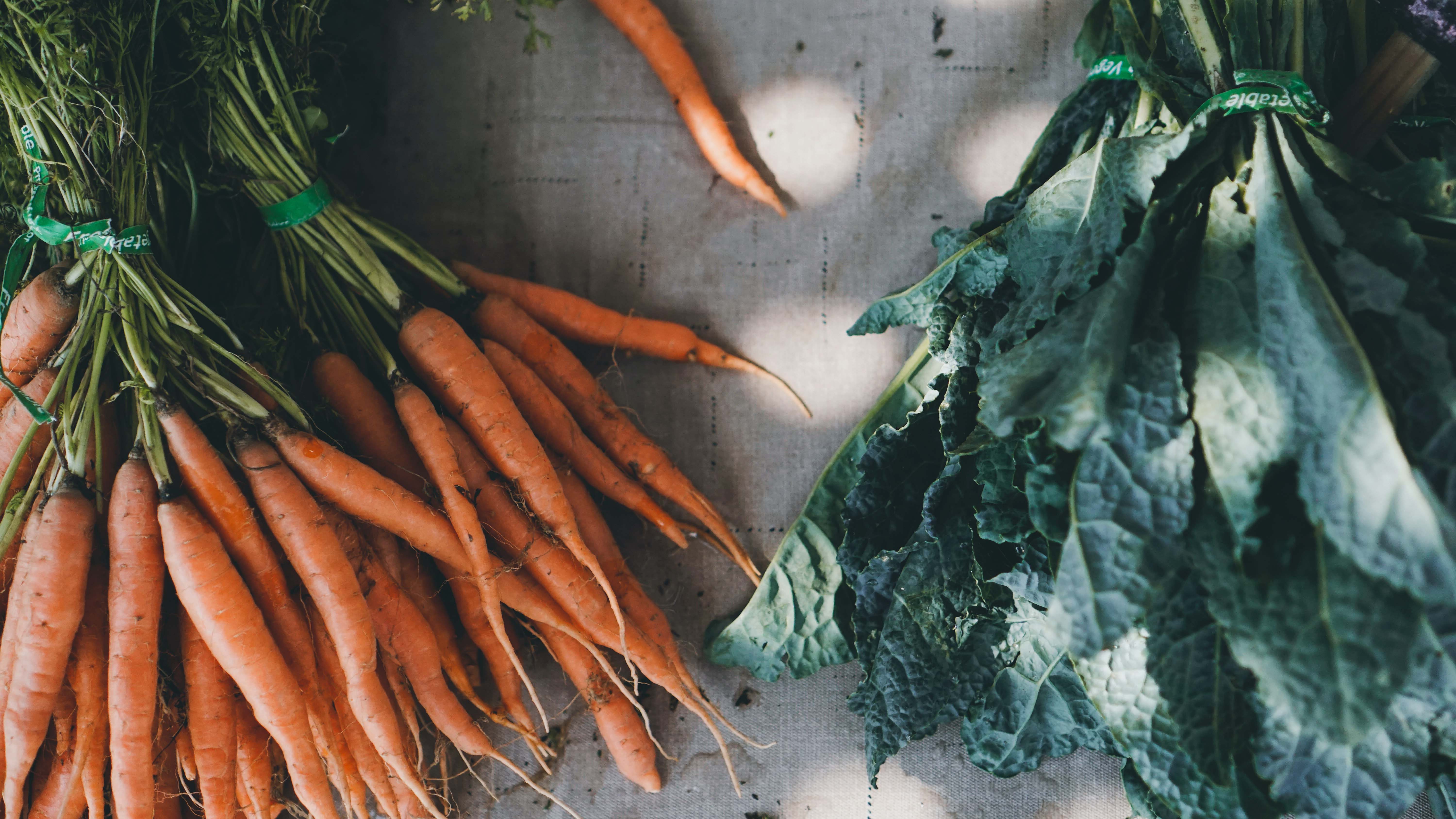
Latest News
Logo
Available in
English
The European Parliament just failed – by three votes – to block a proposal from the EU Commission to authorise the use of phosphates in döner kebabs and gyros1. Although phosphate additives are not allowed in these meat preparations, some producers have been unlawfully adding them in kebab meat sold across the EU. There are concerns over their health effects and their water-binding properties, which manufacturers could abuse to bulk out meat with water.
Available in
English
To stop microbes developing resistance to antibiotics, the EU must urgently adopt legislation to slash the use of antibiotics in farm animals. This is what the European Consumer Organisation (BEUC) is calling for in its campaign to raise consumer awareness about the risks of antibiotic resistance on European Antibiotic Awareness Day (18 November).
Available in
English
Today Member States have adopted a proposal by the European Commission to reduce cancer-causing acrylamide in food. With the new rules, food manufacturers, fast-food chains and restaurants will have to apply measures to ensure acrylamide levels in their products remain below benchmarks. Up until now, the EU had relied on industry’s voluntary efforts to reduce acrylamide. However, levels of acrylamide in Europeans’ food have remained roughly the same.
BEUC and its member organisations are calling today on European food companies and retailers1 to stop using cartoons when marketing nutrient-poor foods to young consumers. The consumer groups’ call applies to both advertising and packaging.
